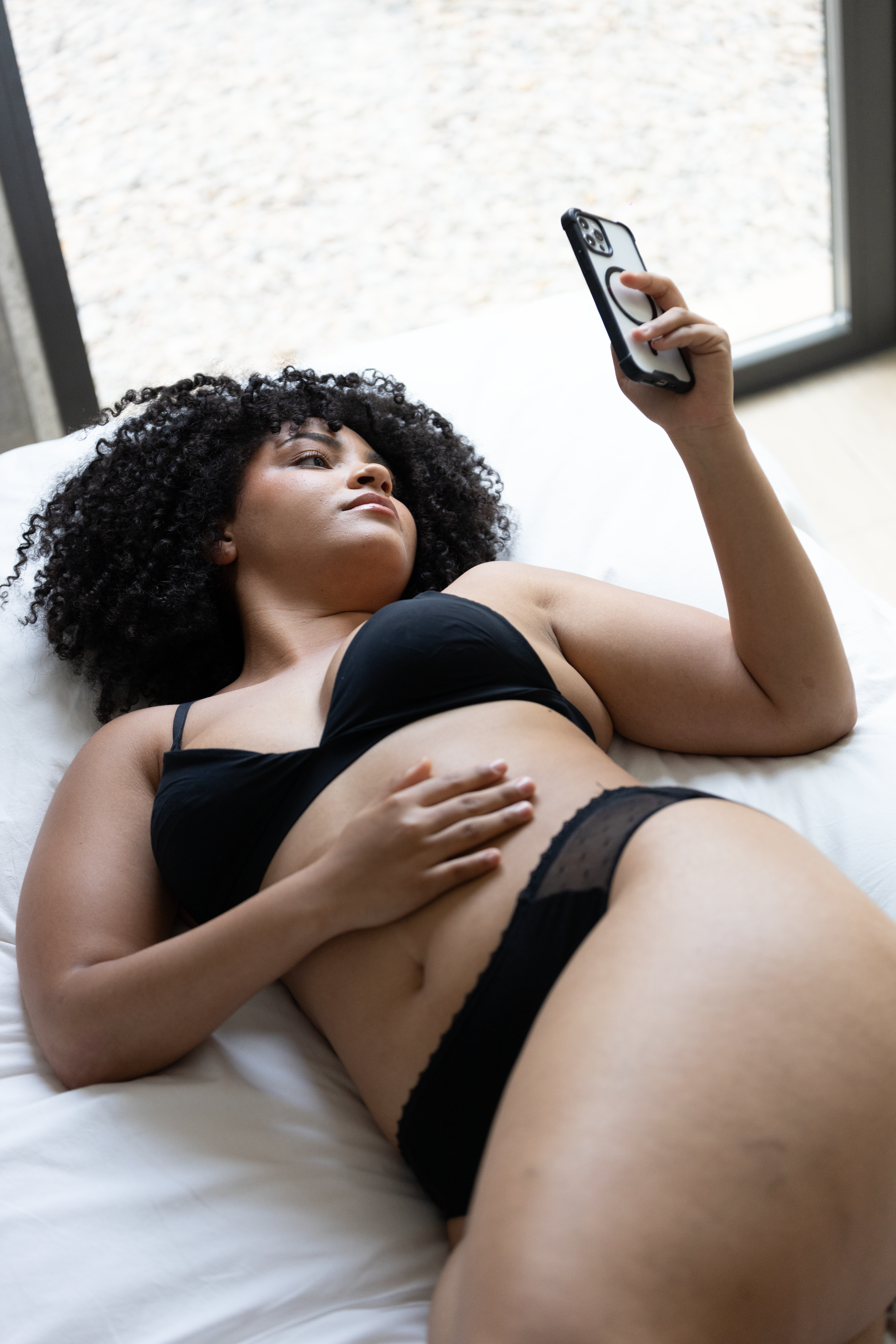
How long does menstruation last?
Menstruation is a natural part of the female reproductive cycle and varies from woman to woman. Understanding how long it lasts can help you better manage menstrual health and detect potential problems. In this article, we explore the different lengths of menstruation, factors that can influence it, and when you should see a doctor.
Menstrual cycle and phases
To understand the length of menstruation better, it is helpful to know the phases of the menstrual cycle:
Menstrual phase (Day 1-5).
This is the phase when the lining of the uterus is shed and passed out of the body through the vagina. This is what is commonly referred to as the period.
Follicular Phase (Day 1-13)
Begins on the first day of menstruation and continues until ovulation. During this phase, the follicles in the ovaries develop and the lining of the uterus begins to thicken.
Ovulation (Day 14)
Approximately halfway through the cycle, an egg is released from the ovary. This phase lasts about 24 hours.
Luteal phase (Day 15-28)
After ovulation, the corpus luteum forms and produces progesterone, preparing the uterus for a possible pregnancy. If fertilization does not occur, hormone levels drop and the cycle begins again with menstruation.
Average duration of menstruation
.For most women, menstruation lasts between 3 and 7 days. However, it is completely normal for some women to have shorter periods of about 2 days or longer, up to 8 days. The length may vary from cycle to cycle and throughout a woman's life.
Factors affecting the length of menstruation
- Age: Adolescent girls and women approaching menopause may experience irregular menses or menses of varying length.
- Hormones: Fluctuating hormone levels, especially estrogen and progesterone, play a crucial role in period length.
- Contraceptive methods: Hormonal contraceptives, such as birth control pills, patches or intrauterine devices (IUDs), can shorten, lengthen or even eliminate menstruation.
- General health: Medical conditions such as polycystic ovarian syndrome (PCOS), uterine fibroids, endometriosis and thyroid disorders can affect the length of menstruation.
- Lifestyle: Stress, diet, exercise and significant changes in body weight can influence the regularity and length of the menstrual cycle.
Care during menstruation
During menstruation, it is essential to take care of your physical and emotional well-being. Maintain good intimate hygiene by using products that are right for you, such as our period swimwear and period panties, which offer comfort and protection without compromising your style. In addition, be sure to hydrate well, eat a balanced diet and exercise moderately to alleviate menstrual symptoms. Our products are designed to provide you with maximum absorbency and comfort, allowing you to feel secure and protected throughout the day.
When to consult a doctor?
It is important to be aware of any significant changes in the length or pattern of your menses. Consider seeing a doctor if:
- Your period consistently lasts longer than 8 days.
- You experience heavy bleeding, requiring you to change your protection every hour.
- You notice bleeding between periods or after menopause.
- You experience severe pain or cramping that is not relieved by over-the-counter pain relievers.
- Your cycle is very irregular, with significant variations in the length and frequency of your periods.
The length of menstruation can vary widely among women and can be influenced by multiple factors. Knowing your cycle and understanding what is normal for you can help you manage your menstrual health more effectively. If you notice any worrisome changes in your cycle, don't hesitate to consult a health care professional. Keeping track of your periods and staying informed about your body is key to your overall well-being.





